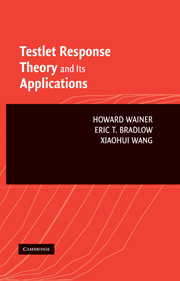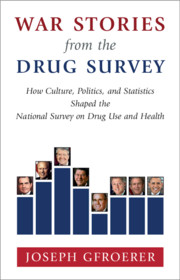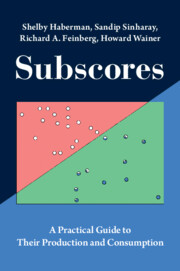Testing and the Paradoxes of Fairness
How can admissions officers, employers, and scholarship committees maximize the accuracy of prediction of individual performance while minimizing adverse impact due to group differences? Testing offers a straightforward solution to the first half of this problem. Tests are the best way to predict how someone will perform in school, in the military, in medicine, or while controlling airline traffic and flying a plane. Tests are also useful beyond personnel selection, such as for selection of a college major or courses. However, the other side of this problem is more complex. Using tests is always accompanied by group differences that could result in continued systemic discrimination by limiting opportunities for those who are marginalized. This book charts an approach to using tests that incorporates evidence, transparency, and societal values to maximize efficiency and fairness.
- Demonstrates the importance of rigorous scientific evaluation of claims about testing methods
- Explores of a range of cognitive tests used in educational settings and beyond
- Prioritizes effectiveness, fairness, and minimizing adverse impact
Reviews & endorsements
'There is not a more pragmatically effective, yet maligned field in the behavioral sciences than the measurement of human abilities. It has been effective precisely because it has been built around measurement, and yet it is maligned precisely because it has been so effective in addressing real world issues. In 'Testing and the Paradoxes of Fairness' Howard Wainer and Daniel Robinson masterfully describe how and why this has occurred.' David Lubinski, Intelligence
Product details
October 2025Paperback
9781009576826
231 pages
229 × 152 mm
Not yet published - available from October 2025
Table of Contents
- Preface
- 1. Introduction to the history of testing
- 2. Why tests are so widely disliked
- 3. The origins of mental testing in the US military
- 4. Testing in grades K-12
- 5. Licensing exams: physicians, pilots and teachers as examples
- 6. Admission testing for higher education
- 7. Tests used for awarding scholarships and prizes
- 8. Using student test scores to evaluate teachers: an assessment of value-added modeling
- 9. Dividing test scores into subcomponents
- 10. On cost functions in testing
- 11. Evidence in science: what data can we trust?
- 12. Testing zombies
- 13. Coda
- References
- Index.





